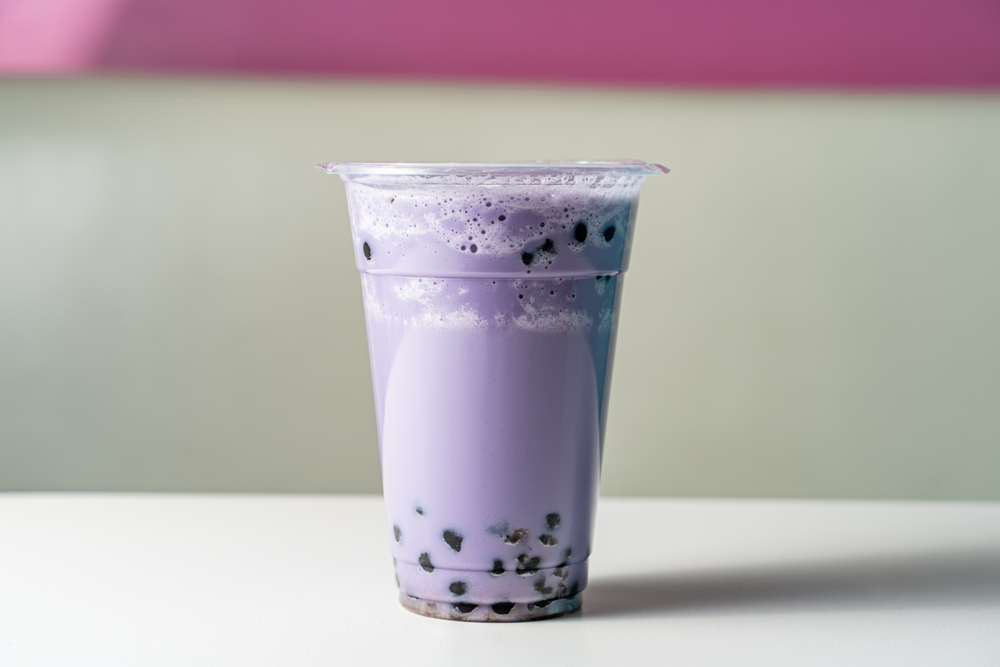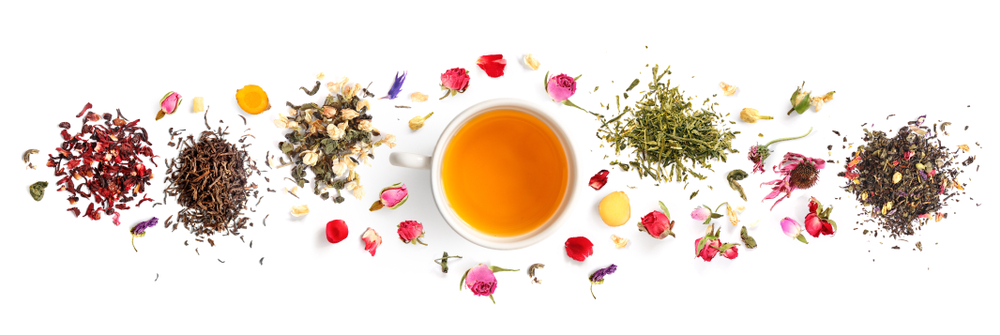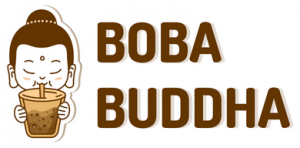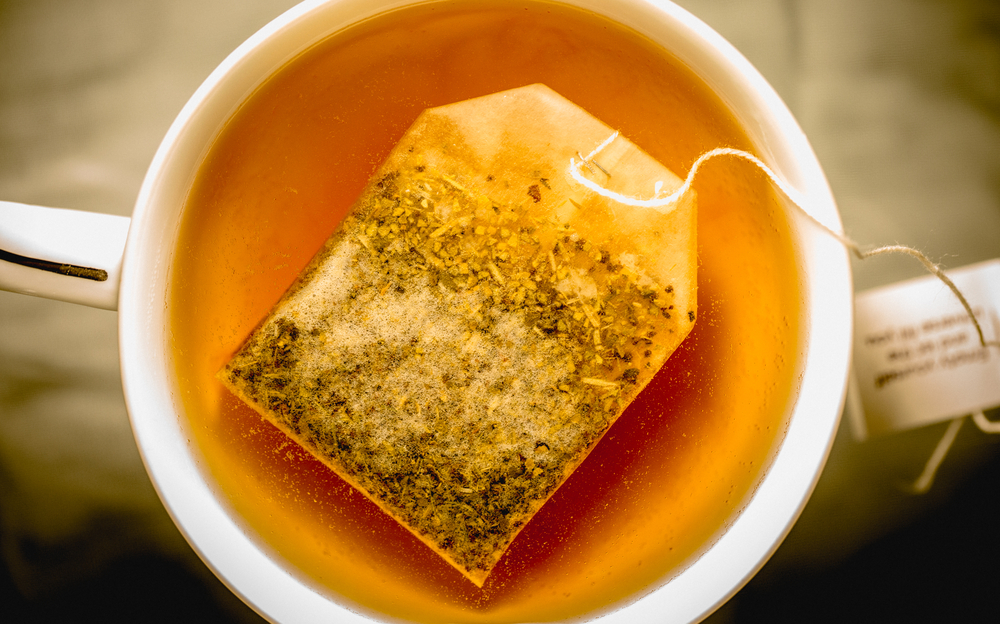Also known as bubble tea, this sweet Taiwanese treat is loved by people worldwide. Ordering a decaf boba tea is possible with so many different flavors and combinations. However, it is best to assume that your bubble tea is fully caffeinated unless the barista tells you otherwise.
How Much Caffeine Does Boba Tea Have?
Highly caffeinated black tea is typically the base for boba milk tea. However, other caffeinated teas such as green tea, oolong tea, or matcha are also popular options.
So how much caffeine are we talking about? A typical serving of boba tea contains between 80 and 100 mg of caffeine, which is about the equivalent of a single cup of coffee.
Of course, the amount of caffeine depends on the type of tea used as the base. While black tea has the most caffeine, white tea is one of the least-caffeinated options.
Do All Bubble Teas Have Caffeine?
If you order fruit or herbal tea, these two varieties are generally caffeine-free. These bubble teas start with an herbal or fruit tea base and add fruit juice or syrup and toppings. Some fruit teas, for example, peach boba tea, are made with a green tea base, so it is always important to ask the boba barista.
Most of the teas used at a bubble tea shop will be caffeinated. However, many shops now offer caffeine-free or decaf versions of your favorite teas for those with a restricted diet.
Some generally non-caffeinated options include:
- Brown Sugar Boba Milk Tea
- Taro Milk Tea
- Strawberry Milk Tea
- Passion Fruit Bubble Tea
- Boba smoothies

Note: Recipes vary at each bubble tea shop; always ask the barista about each drink’s caffeine content.
Though I prefer the convenience of having a boba drink made for me, it is possible to create one at home and cut down on, or even eliminate, the caffeine content. If you find a recipe to make at home, you can always substitute decaffeinated tea bags for other types of tea.
Is Decaf Tea Caffeine-Free?
Though we often think of decaf as caffeine-free, there is a distinct difference. Caffeine-free means that no caffeine is present in the tea. Decaffeinated implies that there was once caffeine, and it was removed.
Decaf teas still contain traces of caffeine. Though it is significantly less caffeine than other teas, it is still present, which can be a deal-breaker for some. If you are looking for caffeine-free tea, herbal tea is the way to go. I should warn you, though, that not all herbal teas are created equally. Some will still contain small amounts of caffeine.

How Can Caffeine Affect You?
Caffeine affects everyone differently. If you drink caffeine to get by daily, it might not affect you much. But for others, it can be too much to handle.
According to the FDA, around 80 percent of adults in the United States consume caffeine daily. While many people use it to wake up and/or stay awake, it does much more. Caffeine can affect your body in many ways:
- It can help with alertness. Drinking caffeine can help you temporarily feel alert and awake.
- It may decrease the risk of suicide. Coffee, or other types of caffeine, can help reduce the risk of suicide by up to 50%, according to a study done in 2013.
- It can cause irritability and headaches. The lack of caffeine often causes both of these less-than-desirable traits because of withdrawal.
- It may cause fertility or pregnancy issues. Though this is usually caused by excess consumption, some studies have shown that too much caffeine can reduce the chances of getting pregnant or increase the risk of issues during pregnancy.
While it’s true that caffeine may have some adverse effects, it also has a long list of benefits. Of course, this all depends on the amount that you consume.
Is Decaf Bubble Tea Healthier?
Indeed, caffeine in large amounts may not be extremely healthy, but going decaf doesn’t always mean “healthier.”
The ingredients that make up the drink make all the difference. For example, brown sugar rather than processed sugar or sweetener may make a huge difference. The effects of sugar consumption vastly outweigh those of caffeine.
Because bubble tea has many sugary ingredients, it is not generally a nutritious drink. Most boba shops use sugar syrup to sweeten their drinks. Not to mention, tapioca pearls have minimal nutritional value.

